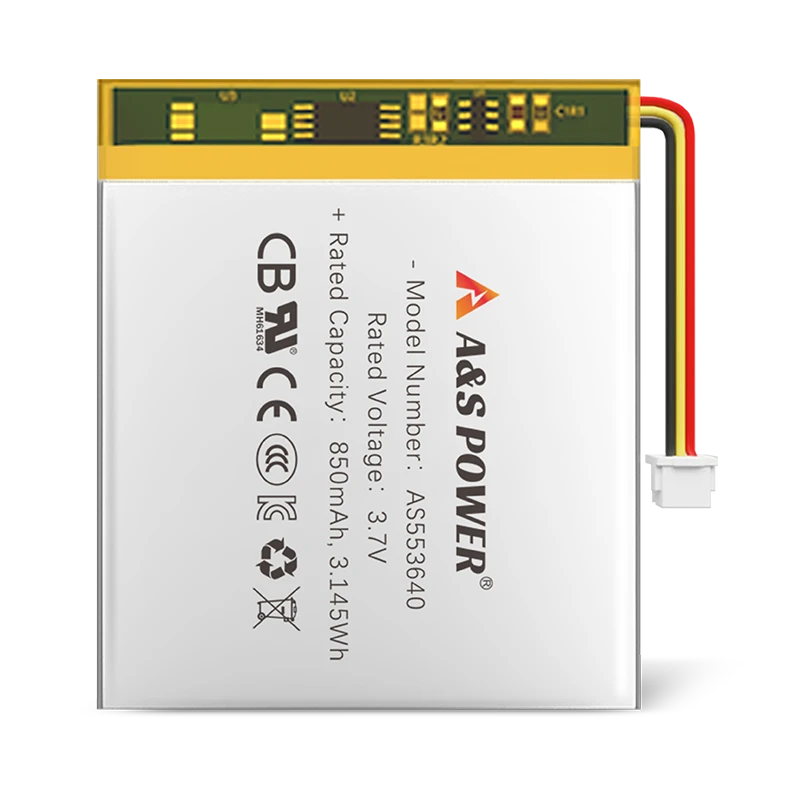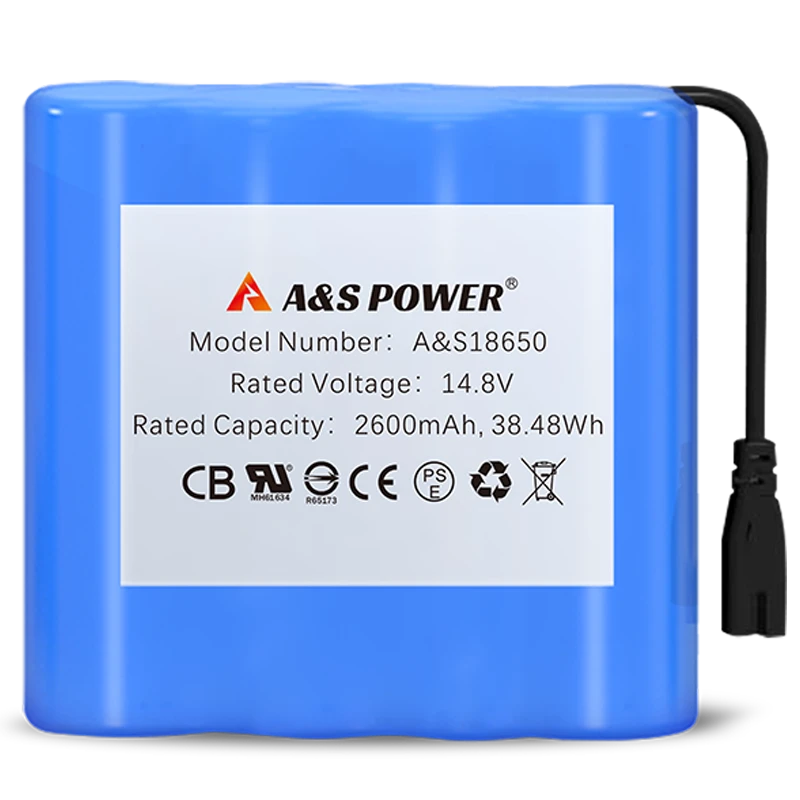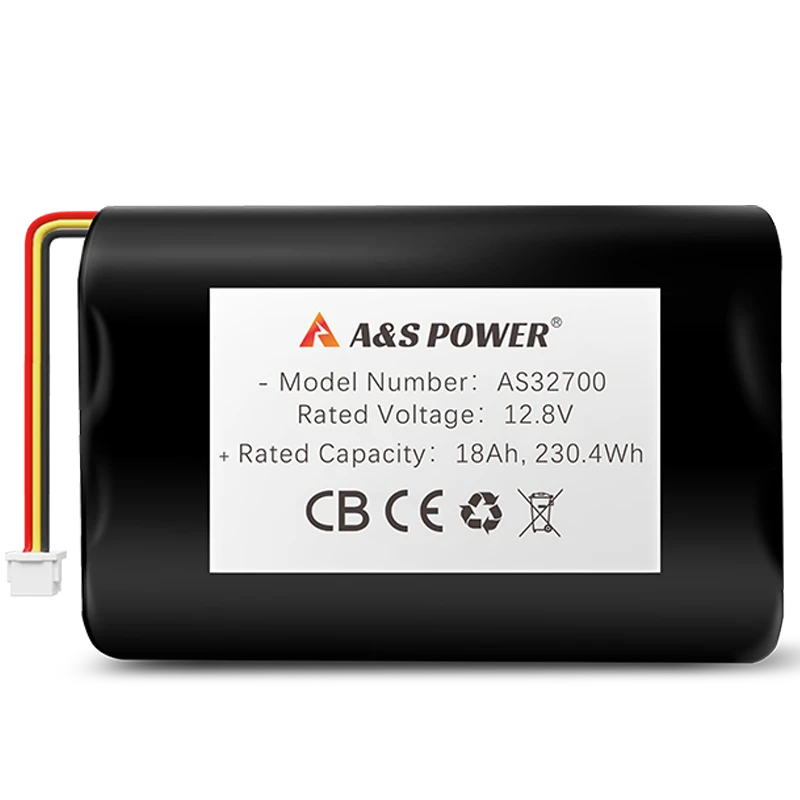Global Leaders in Lithium Battery Export Rankings Revealed
Lithium-ion batteries, often referred to as li batteries, are very important for renewable energy and electric cars. Their importance is clear in the numbers: from 2017 to 2020, the value of li battery exports grew by 20% to 35% each year. By 2022, exports reached CNY 342.656 billion, an 86.7% increase from the previous year. This shows the world’s need for lithium-powered products.
Knowing the global ranking of li battery suppliers helps us see who leads the market and why. Countries like the United States and China are on top because they export renewable energy well and make batteries at lower costs. This brings up a big question: what helps these countries succeed in making and selling li batteries?
- The global li battery market is growing fast. This is because of better electric cars and the need for a steady supply of li batteries.
Key Takeaways
- Lithium-ion battery exports are growing fast as demand rises globally.
- Canada exports the most due to its link with U.S. cars and green efforts.
- High quality is key for success; trusted companies see more demand.
- Government help and smart investments improve local battery making and ideas.
- New markets in South America and Africa offer chances for industry growth.
Current Global Export Rankings
Top Exporting Countries and Their Market Shares
The lithium-ion battery market is growing fast. This is due to more electric cars and renewable energy needs. Some countries lead this market by using their strengths to stay on top.
| Country | Ranking Position | Key Factors Supporting Ranking |
|---|---|---|
| Canada | 1 | Strong ties with US car industry, better manufacturing, clear policies, strong ESG focus |
| China | 2 | Strong supply chain, needs better ESG efforts to stay ahead |
Canada is ranked first because of its close work with the US car industry. It also focuses on eco-friendly practices and better manufacturing. These efforts help Canada stay ahead. China is second, thanks to its strong supply chain and lithium processing. But to keep this spot, it must improve its ESG practices.
- Did you know? Canada’s top spot in lithium-ion battery exports is linked to meeting North America’s electric car needs.
Leading Companies in Lithium Battery Exports
Not just countries, but companies also shape the lithium-ion battery market. Big names like CATL and LG Energy Solution are key players. CATL, from China, leads with advanced tech and large production. LG Energy Solution, based in South Korea, works with big carmakers in Europe and North America.
These companies spend a lot on research to make top-quality products. They adjust to market needs and create new ideas, helping them gain big market shares.
AS&Power’s Position in the Top 20
AS&Power is a rising company in the lithium-ion battery world. It is now one of the top five exporters. The company focuses on being eco-friendly and invests in better factories. By using green methods and advanced tools, AS&Power has become a trusted supplier.
AS&Power is known for quality and new ideas. Automakers and renewable energy companies trust its products. Its affordable, high-performing batteries have made it a strong competitor.
- Insight: AS&Power’s success shows how important eco-friendly methods and new ideas are in the lithium-ion battery market.
Key Factors Behind Market Leadership
Production Capacity and Technological Innovation
The lithium-ion battery market grows with strong production and new technology. Countries like China lead by making more batteries to meet demand. This helps with electric cars and storing renewable energy. For example, China has a supply gap of 558 GWh now. By 2032, supply might be 66% higher than demand. If this happens, some investments may stop, leaving only the best producers.
| Project Status | Technology Type | Company Info | Yearly Output (TWh/yr) |
|---|---|---|---|
| Secure | Various | Multiple | 2.55 |
| Likely | Various | Multiple | N/A |
| Insecure | Various | Multiple | N/A |
New technology is key to staying on top. Companies like CATL and LG Energy Solution spend a lot on improving batteries. These upgrades make batteries store more energy and cost less to make. This helps them work better for cars and renewable energy.
- Insight: Working closely with US carmakers has raised demand for better batteries. This pushes companies to improve and make more.
Sustainability Practices and Green Policies
Eco-friendly practices are very important in the lithium-ion battery business. Companies that focus on green methods get ahead of others. For example, AS&Power uses clean ways to make batteries. This matches global goals to cut carbon and use renewable energy.
Governments also help by making green rules. Canada leads in battery supply because of its strong ESG policies. These rules make the country look good and bring in eco-friendly investors.
- Tip: Using green rules helps the planet and makes products popular worldwide.
Government Support and Strategic Investments
Government help makes a big difference in battery exports. The UK has a Battery Strategy to make more batteries locally. It includes £2 billion, with £50 million for the supply chain. This plan will create 100,000 jobs and support zero-emission cars.
| Initiative | What It Does | Funding Amount |
|---|---|---|
| Infrastructure Investment and Jobs Act | Grants for battery processing, making, and recycling | $3 billion each |
| Export-Import Bank (EXIM) | Public funds for renewable energy and storage | N/A |
| DOE’s Loan Program Office (LPO) | Loans for new projects | $1.45 billion (Nissan loan) |
| Manufacturing Extension Partnership (MEP) | Centers to help manufacturers innovate | $2.4 billion boost |
| Li-Bridge | Public-private group to improve US battery supply | N/A |
In the US, $3 billion is set for battery recycling and processing. This helps build a strong and green supply chain. The DOE’s Loan Program Office also gave $1.45 billion to Nissan for battery projects.
- Note: Government funds and plans help make better batteries and keep supply steady.
Regional Trends and Emerging Players
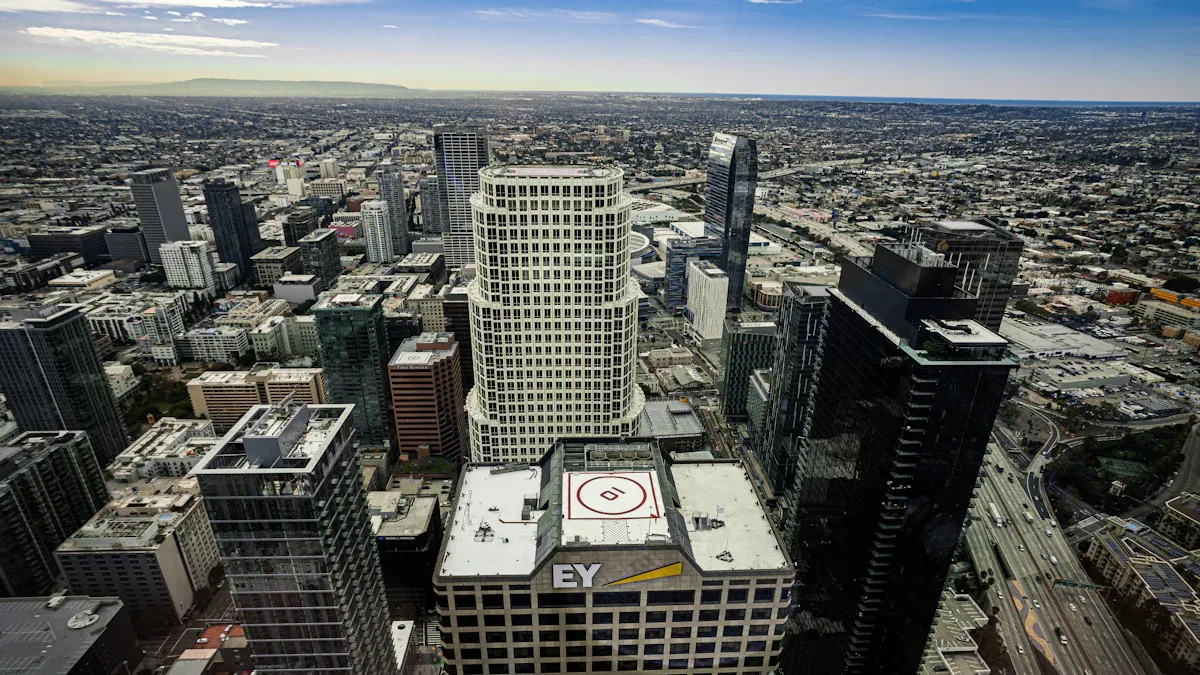
Asia's Growing Strength in Lithium Batteries
Asia leads the lithium-ion battery market, with China at the top. China has long been a major producer, shaping global supply chains. In 2020, 63.6% of U.S. lithium-ion battery imports came from China. By 2022, this dropped to 48%, showing more diverse sourcing. China's policies since 2012 helped its success in electric vehicles and batteries.
The Asia-Pacific region is growing fast due to urbanization and government support. South Korea and Japan are also important players. They focus on better technology and making more batteries. This helps Asia stay strong in the global market.
- Insight: Asia’s success shows how smart policies and new ideas matter.
South America and Africa's Rising Role
South America and Africa are becoming important in the lithium-ion battery market. South America’s Lithium Triangle (Bolivia, Argentina, Chile) holds 54% of the world’s lithium. Chile is expected to lead in lithium reserves. From 2025 to 2030, South America’s battery market may grow by 5.81% yearly, thanks to better tech and more electronics sales.
In Africa, countries like South Africa and the U.A.E. are advancing in the battery market. The U.A.E.’s fast industrial growth makes it a leader in the region. Research and development investments are key for these markets to compete globally.
- Tip: South America’s lithium and Africa’s growth create chances for new leaders.
Changing Trade Rules and Market Shifts
Trade rules are changing the lithium-ion battery market. Tariffs from 54% to 104% have affected battery parts. Still, U.S. shipments stayed strong in 2024, showing high demand and new sourcing options.
China’s suppliers changed shipping plans and prices due to U.S. tariffs. The U.S. introduced the Inflation Reduction Act, offering tax breaks for battery materials and electric cars. These steps aim to rely less on China and boost local production.
- Note: Changing trade rules show the need for smart planning in the battery market.
The Role of Quality in Export Success
Importance of Quality Assessment Rankings
Quality is very important for selling lithium batteries worldwide. Countries and companies that focus on quality checks often do better. These checks look at safety, how long batteries last, and how well they work. High scores in these areas make buyers trust suppliers more and improve their reputation.
Bad quality can cause big problems. For example, China's battery exports dropped by 3.20% from January to July 2016. In July alone, exports fell by 5.46%. This happened because over 100 batteries were sent back due to poor quality, a 40% rise from the year before. A test showed only 1 out of 20 electric balance car batteries passed safety checks. These numbers show why keeping high standards is so important.
- Tip: Regular quality checks and following global rules can stop returns and build trust.
How Quality Impacts Global Reputation and Demand
Good-quality products help suppliers earn a strong global reputation. Buyers want batteries that are safe and work well. A good reputation brings more customers and boosts demand in tough markets. On the other hand, bad-quality products can hurt a company’s image and cause money losses.
Companies that use better tools and strict testing often sell more batteries. These efforts make sure batteries work well in electric cars and renewable energy systems. By focusing on quality, suppliers can make lasting deals and grow their market share.
- Insight: Quality helps keep current customers happy and attracts new ones in growing markets.
Case Studies of High-Quality Exporters
Some companies show how focusing on quality leads to success. CATL, a top lithium battery maker, spends a lot on research to make reliable products. Its batteries are trusted by carmakers all over the world.
LG Energy Solution is another example. It works with big carmakers in Europe and North America. The company checks quality at every step to meet strict global rules. These efforts have made it a trusted name in the market.
- Fact: Companies like CATL and LG Energy Solution prove that quality drives success in the lithium battery industry.
The global lithium-ion battery market is changing quickly. Countries like Canada and China are leading. Their success comes from making more batteries, being eco-friendly, and getting government help. Companies that focus on quality stand out. Good quality builds trust and increases demand.
The electric car market is set to grow a lot. Asia-Pacific will lead because of green rules and eco concerns. Europe is growing fastest, helped by government support. Big companies and new technology will guide the future of this industry.
- Insight: Quality and new ideas are key to making batteries meet global energy needs.
FAQ
What are lithium-ion batteries used for?
Lithium-ion batteries power electric cars, renewable energy, and gadgets. They store energy well, making them vital for today’s technology.
Why is quality important in battery exports?
Good quality means safe and reliable batteries. It builds trust and boosts reputation. Poor quality can cause returns and money losses.
Which countries lead in lithium battery exports?
Canada and China are top exporters. Canada leads with eco-friendly methods and U.S. car industry ties. China has a strong supply chain.
How do governments support battery production?
Governments give money, tax breaks, and policies to help production. For example, the U.S. offers tax cuts for battery materials and electric cars.
What drives innovation in the lithium battery market?
Innovation comes from research and development. Companies work on better storage, lower costs, and improved performance to meet demand.
-

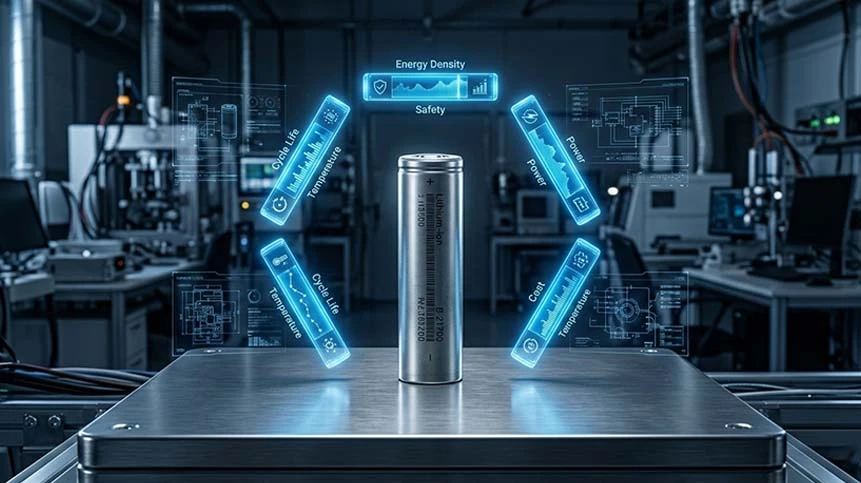 May.2026.02.27Lithium-Ion Batteries: The Six Constraints Blocking the Path to PerfectionLearn More
May.2026.02.27Lithium-Ion Batteries: The Six Constraints Blocking the Path to PerfectionLearn More -

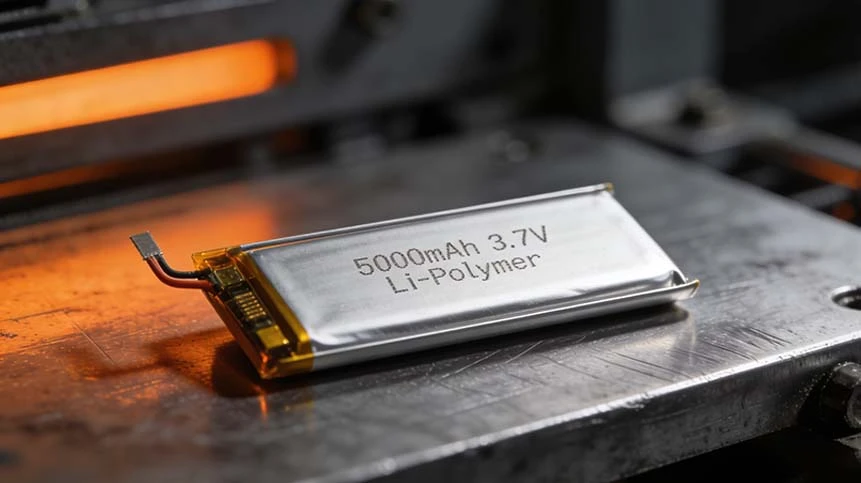 May.2026.02.25Li-Polymer Battery 5000mAh: Complete Technical & OEM GuideLearn More
May.2026.02.25Li-Polymer Battery 5000mAh: Complete Technical & OEM GuideLearn More -

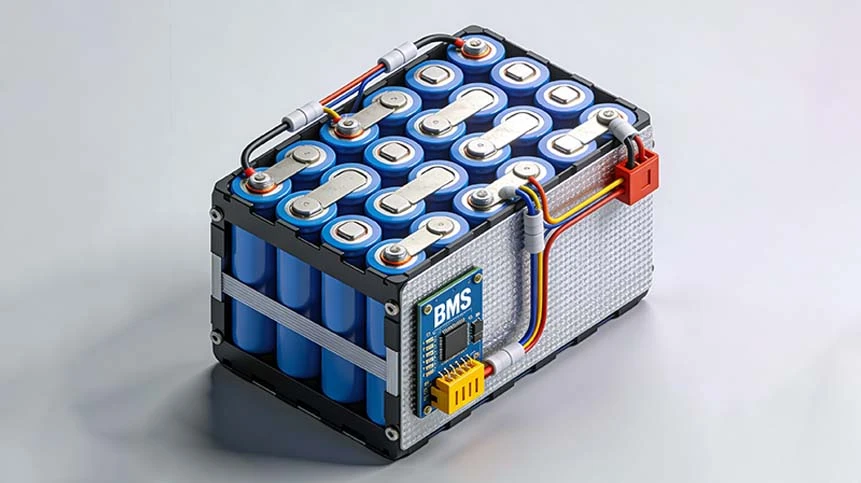 May.2026.02.24The Unparalleled Advantages of Lithium-Ion Batteries Over Traditional BatteriesLearn More
May.2026.02.24The Unparalleled Advantages of Lithium-Ion Batteries Over Traditional BatteriesLearn More -

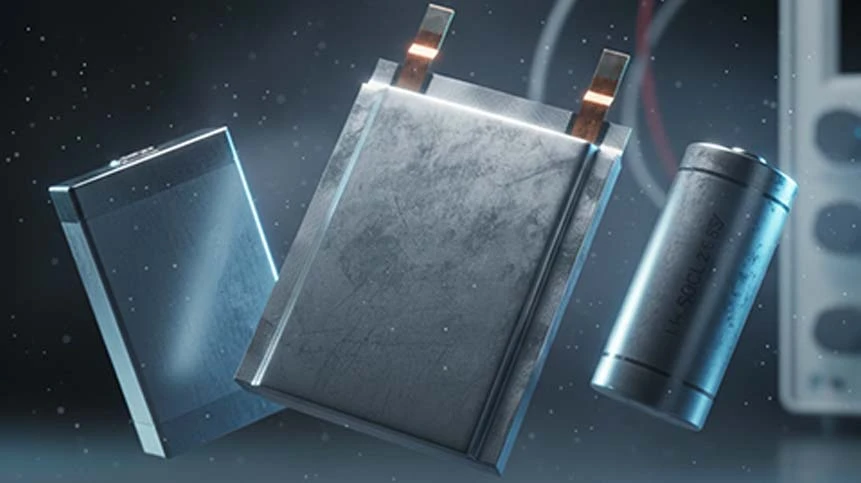 May.2026.02.243.6 Volt Battery: Complete Technical Guide for Engineers & BuyersLearn More
May.2026.02.243.6 Volt Battery: Complete Technical Guide for Engineers & BuyersLearn More -

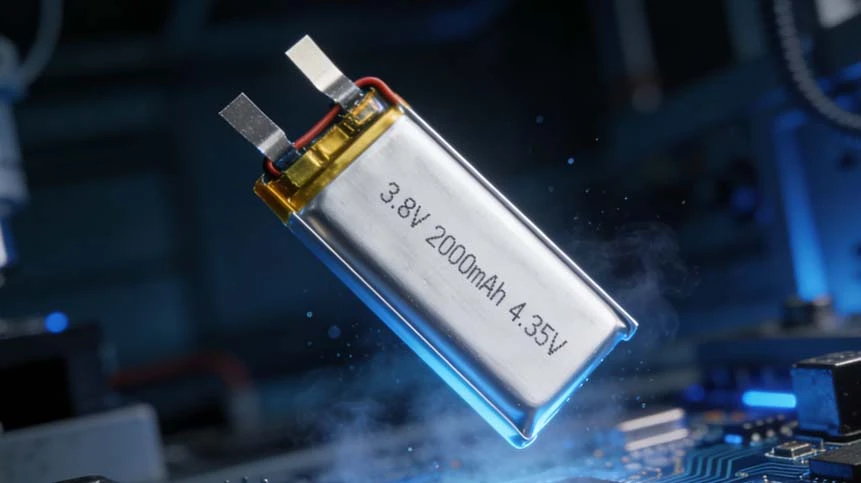 May.2026.02.24What Is a 3.8V LiPo Battery? A Complete Engineering & OEM GuideLearn More
May.2026.02.24What Is a 3.8V LiPo Battery? A Complete Engineering & OEM GuideLearn More




